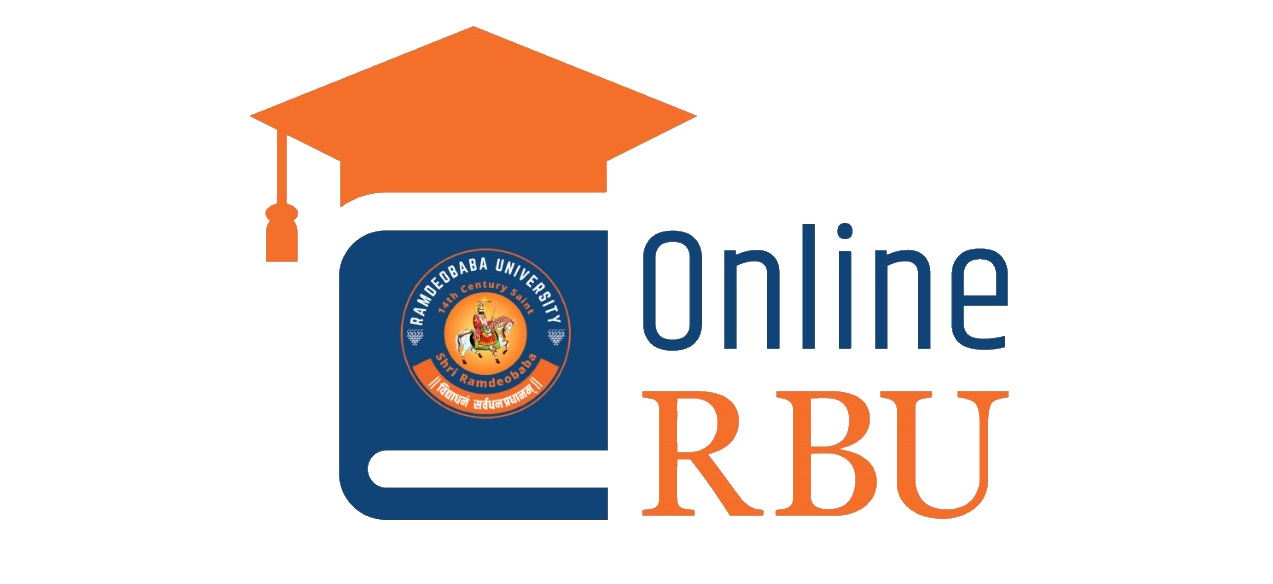Course Title:
Robotics Essentials: Mechanics, Motion Planning, and Control
Course Description:
Robotics Essentials: Mechanics, Motion Planning, and Control" provides an in-depth introduction to the key concepts and techniques that drive modern robotics. This course covers foundational mechanics, the mathematics of robotic motion, and advanced control methods that enable precise movement and autonomous functionality. Learners will explore robot kinematics, dynamic modeling, trajectory planning, and control algorithms, with a focus on practical applications across various industries. Through simulations and real-world examples, participants will gain hands-on skills to design, program, and control robotic systems, preparing them for careers in robotics, automation, and beyond.
Course instructional level:
Beginner/Intermediate/Advance
Course Duration:
4-6 Month
Hours: 100-120
Course coordinator:
Dr Alok Kumar Jha & Dr. G R Nikahde
Course coordinator's profile(s):
Dr. Alok Kumar Jha has 10 years of experience in Teaching. His area of interests includes Machine Design, Robotics, Composite Materials etc. He involved in research and consultancy work related to robotics, machine design etc. and has several research articles and patent in his credit. He also worked as reviewer for various International Journals and conferences.
Course Contents:
| Module/Topic name | Sub-topic | Duration |
| 1. Introduction to Robot Motion | 22 hours | |
| 1a Overview of Robotics: Types, Applications, and Trends Key Components of Robotic Systems | 02 hours | |
| 1b Configuration space and degrees of freedom of rigid bodies and robots. | 03 hours | |
| 1c Configuration space topology and representation; configuration and velocity constraints; task space and workspace. | 04 hours | |
| 1d Rigid-body motions, rotation matrices, angular velocities, and exponential coordinates of rotation. | 06 hours | |
| 1e Homogeneous transformation matrices, twists, screws, exponential coordinates of rigid-body motion, and wrenches. | 07 hours | |
| 2. Fundamentals of Robotic Mechanics (Kinematics) | 17 hours | |
| 2a Forward Kinematics: Product of exponentials formula for forward kinematics in the space frame and the end-effector frame. Velocity kinematics using the space Jacobian and body Jacobian, statics of open chains, singularities, and manipulability. | 11 hours | |
| 2b Inverse Kinematics: Analytical and numerical inverse kinematics. | 04 hours | |
| 2c Kinematics of Closed chain: Forward kinematics, inverse kinematics, velocity kinematics, and statics of closed chains. | 02 hours | |
| 3. Robot Dynamics | 20 hours | |
|
|
3a Lagrangian formulation, centripetal and Coriolis forces, robot mass matrix, dynamics of a rigid body, and Newton-Euler inverse dynamics for an open-chain robot. | 06 hours |
|
|
3b Forward dynamics of an open chain, task-space dynamics, constrained dynamics, and practical effects due to gearing and friction. | 06 hours |
| 3c Point-to-point "straight-line" trajectories and polynomial trajectories passing through via points. Time-optimal motions along a specified path subject to robot dynamics and actuator limits. | 07 hours | |
| 4. Motion Planning and Path Generation | 31 hours | |
| 4a C-space obstacles, graphs and trees, and A* graph search. | 09 hours | |
| 4b Motion planning on a discretized C-space grid, randomized sampling-based planners, virtual potential fields, and nonlinear optimization. | 09 hours | |
| 4c First- and second-order linear error dynamics, stability of a feedback control system, and motion control of robots when the output of the controller commands joint velocities. | 07 hours | |
| 4d Motion control of robots when the output of the controller commands joint torques, force control, and hybrid motion-force control. | 05 hours | |
| 5. Autonomous Robots and Advanced Control Techniques, Capstone Project | 27 Hours | |
| Controllability, motion planning, and feedback control of nonholonomic wheeled mobile robots; odometry for wheeled mobile robots; and mobile manipulation. | 08 hours | |
| Odometry for wheeled mobile robots and its use in a kinematic simulator for the youBot omnidirectional mobile robot with four mecanum wheels. | 04 hours | |
| Generating a reference trajectory in SE(3) for the end-effector of a mobile manipulator to achieve a pick-and-place task. | 05 hours | |
| Feedforward control of the end-effector of a mobile manipulator to drive the end-effector along a reference trajectory. | 05 hours | |
| Feedforward-plus-feedback control of the end-effector of a mobile manipulator to stabilize a reference trajectory for the end-effector. | 05 hours |
Course Outcomes:
By the end of this course, learners will be able to
- Explain the key components, types, and applications of robotic systems in modern industries
- Analyze robotic mechanics, including kinematics and dynamics, for various robotic configurations.
- Develop and apply trajectory and path-planning algorithms to ensure efficient and collision-free robotic motion.
- Design and simulate robotic systems, including manipulators and mobile robots, using modern simulation tools.
- Apply the learned principles to design, implement, and evaluate solutions for robotics challenges in a capstone project.
